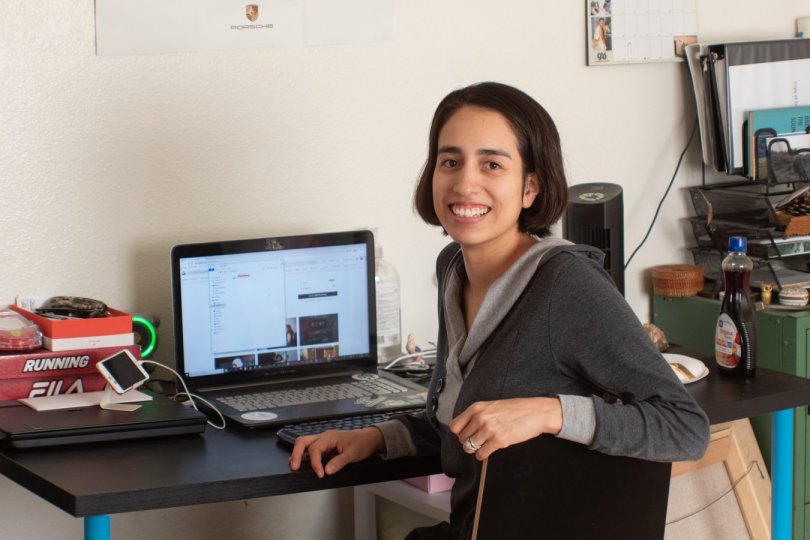
EU neighbours: moving forward in COVID-19 response
Mapping education and training responses to the health crisis in the EU neighbourhood
As most countries are emerging from the first phase of the COVID-19 crisis the ETF’s latest mapping, as part of our #learningconnects campaign, finds that they share common challenges on moving forward. A summary of the issues found in the latest ETF mapping report is presented below.
Support to teachers
General education has been the priority of governments since the beginning of the pandemic. Vocational education and training received support through the availability of resources at a central level, including digital materials and access to learning platforms. The onus has been on providers, however, to ensure continuity and delivery. Questions are being raised about the level of support for teachers and trainers, as well as the quality and access of provision across all regions.
Quality and access
These issues permeate all forms of learning in all regions and particularly in the Southern and Eastern Mediterranean. Inclusion and equality of provision through online and digital solutions have been raised in Algeria by the teachers’ Union, Sate, and the parents’ association. Whereas in Jordan, the Ministry of Education is working with international partners and civil society to enhance education quality for all students given the concern of effectiveness of measures and the readiness of teachers.
Intelligence gathering
Collecting evidence in a transparent way and using it to inform policy choices, monitoring and feedback both at provider and system level, and adjusting measures which in turn inform future planning are critical issues. In many countries, such as Albania and Turkey, task forces are in place and surveys being conducted which will inform not only the next stages in dealing with the pandemic but the future direction of learning and working.
Cooperation with private sector and civil society
Cooperation with the private sector and civil society organisations to maximise use of pilot initiatives, as well as public-private partnerships to address access to equipment and connectivity for both students and teachers has been an important feature in dealing with the crisis as in Jordan, for instance. Materials developed, and partnerships established with the private sector will continue to benefit work-based learning in the future paving the way for virtual and augmented reality solutions, as in Serbia and Ukraine.
Sustainability
Sustainability of actions and measures adopted, including the maintenance of equipment and updating of portals and materials produced, and the continued commitment to ensuring accessibility and coverage for all students and teachers remains an ongoing challenge in all countries and regions. International coordination is essential to ensure the continuous exchanges of resources, methods, and approaches.
Did you like this article? If you would like to be notified when new content like this is published, subscribe to receive our email alerts.